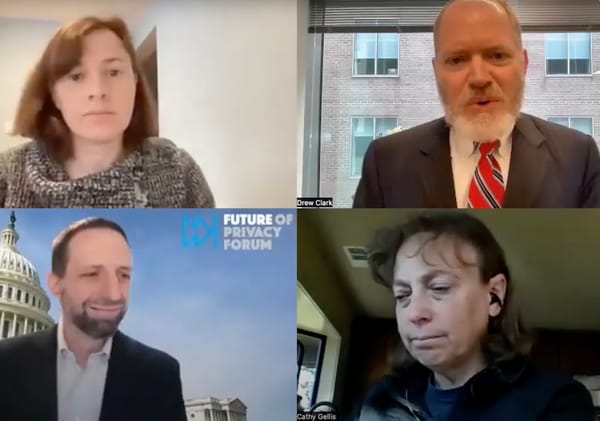
Antitrust
Broadband Breakfast Preview Session for Big Tech & Speech Summit on March 9
Summit moderators will set the stage for timely discussions on content moderation, privacy and competition.
The entire concept of privacy has been transformed by broadband and the internet.


Antitrust
Summit moderators will set the stage for timely discussions on content moderation, privacy and competition.
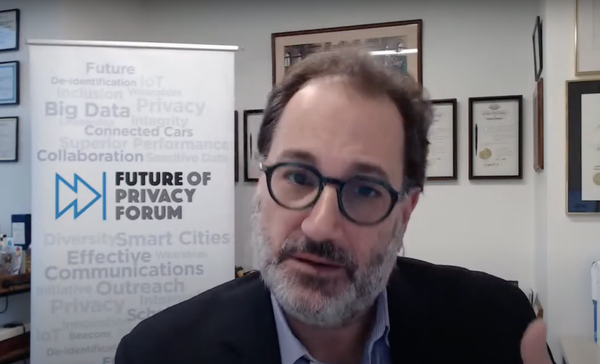
Privacy
While generally supportive of a federal privacy law, some experts warned it could harm competition.

Expert Opinion
Campus TikTok bans could have negative consequences for students.

Privacy
Existing digital privacy concerns are amplified in an environment designed to fully immerse users.

Privacy
“The privacy landscape in the U.S. is likely to become more complicated before it gets any easier.”

Privacy
Federal regulation is needed since companies often renege on voluntarily accepted agreements, argued Public Knowledge head.
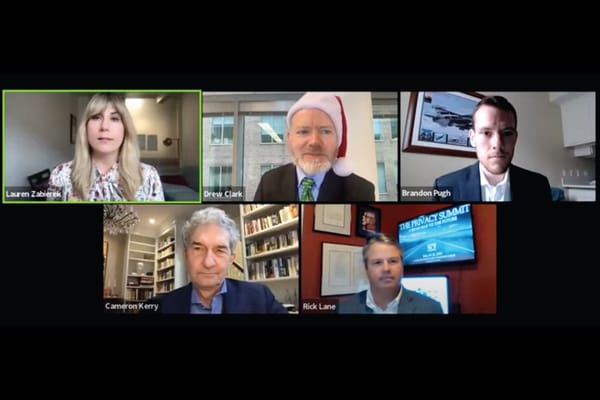
Privacy
Californians’ opposition to the ADPPA’s preemption provision may be the end of the comprehensive bipartisan privacy bill.
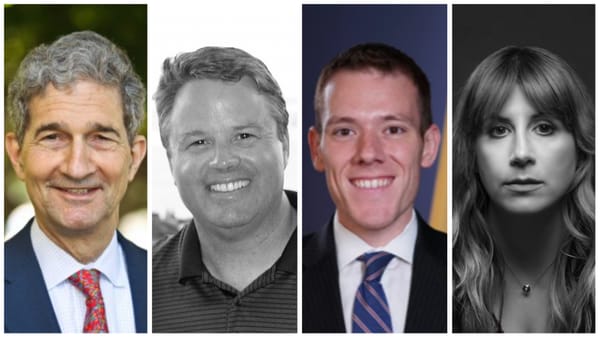
bblot
How will the 118th Congress respond to concerns about social media and data privacy?
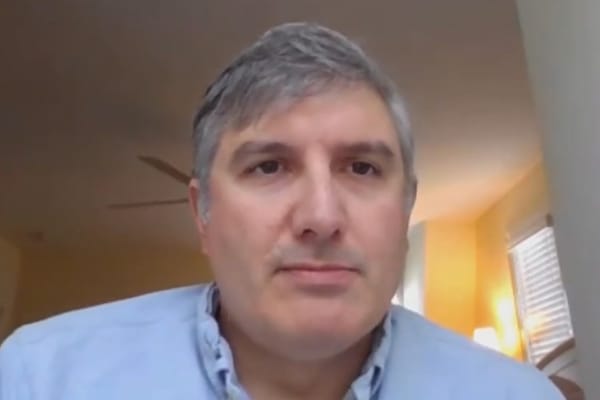
Privacy
‘This is a very important step,’ said Christopher Kuner, co-director of the Brussels Privacy Hub.
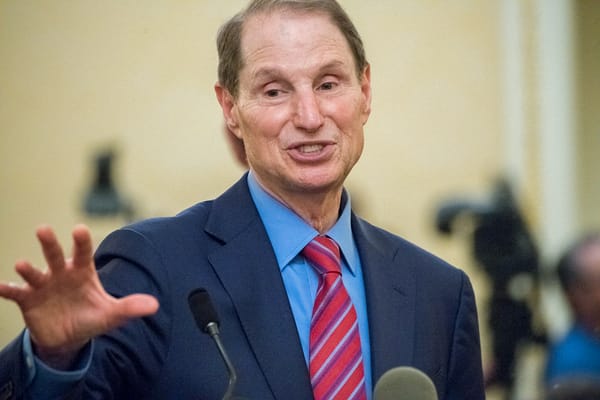
Privacy
The Democratic legislator called on NTIA end the automatic disclosure of .US web domain users’ personal information.

Privacy
The Digital Services Act imposes transparency requirements and other accountability measures for tech platforms.
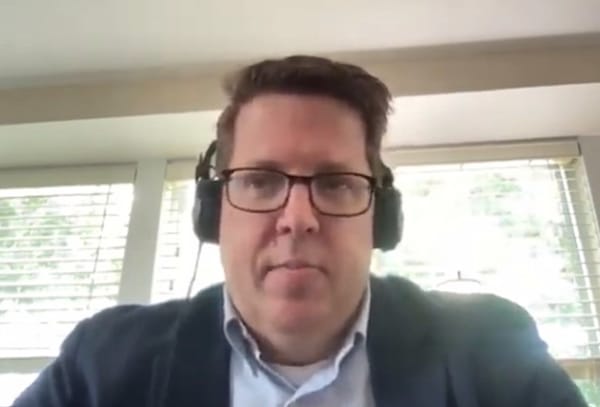
Privacy
The committee wants wider use of opt-out from certain text messages.
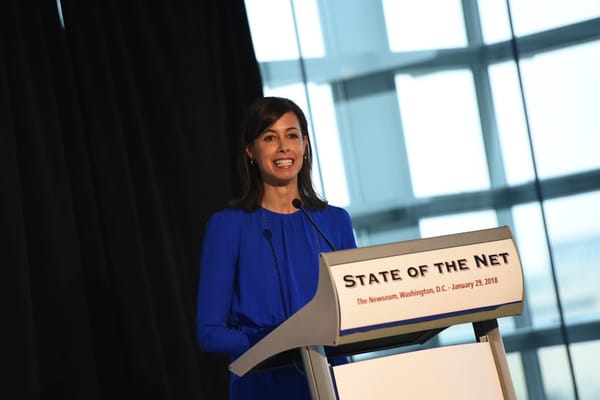
Privacy
‘These letters show that…carrier geolocation data practices are all over the map.’
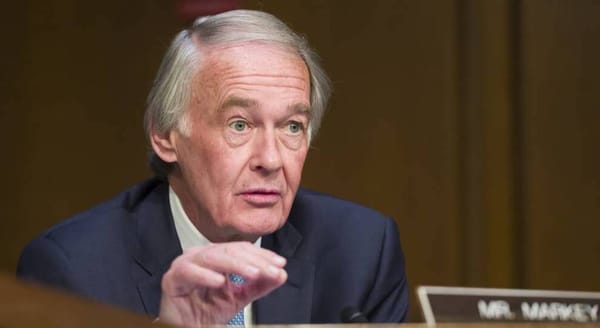
Privacy
Opposition to a reformed COPPA include the ability of the FTC to enact broad rule-making.
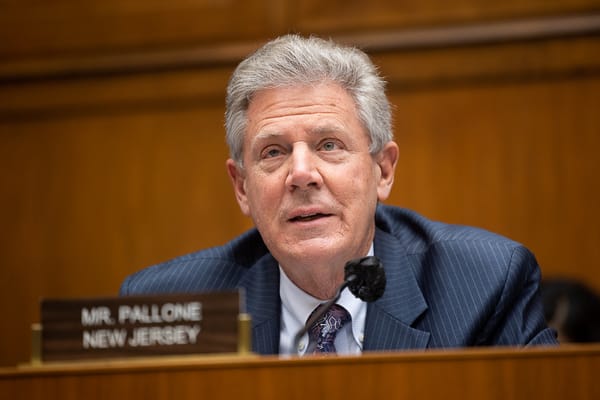
Privacy
The American Data Privacy and Protection Act cleared committee 53-2, with pushback from California legislators.
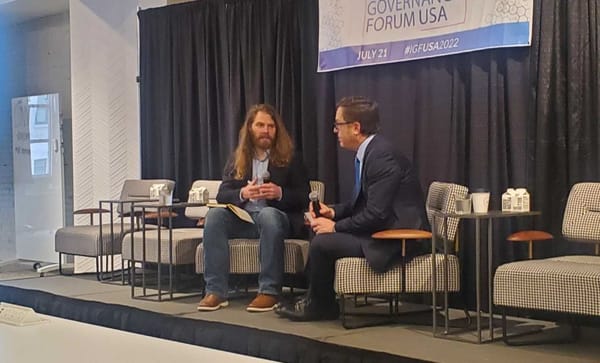
Privacy
‘It is time to act,’ Alan Davidson said at an event Thursday.